SGGPO
Sharing information about the situation of Vietnam's seafood exports to the EU market at a conference organized by the Ministry of Industry and Trade (in person and online) on the afternoon of October 31, the representative of the Vietnam Trade Office in Belgium and the EU said that the functional agencies of the European Commission (EC) requested that Vietnam perform well in the field, then within 6 months the "yellow card" for seafood will be removed...
 |
Leaders of the Ministry of Agriculture and Rural Development went on site inspections and met with fishermen to grasp the situation of seafood exploitation. |
Mr. Tran Ngoc Quan, Vietnam's Trade Counselor in Belgium and the EU, informed that in October, the inspection team of the European Commission (EC) visited Vietnam for a field inspection and highly appreciated the efforts of the Vietnamese Government in its determination to remove the "yellow card".
However, according to the EC's comments, there are still some problems arising in the field. The EC recommends that Vietnamese authorities, fisheries associations, and localities need to provide more guidance and pressure on fishermen and fishing grounds to ensure that the implementation of measures to combat illegal, unreported, and unregulated (IUU) fishing is "good in practice, not just good in written instructions".
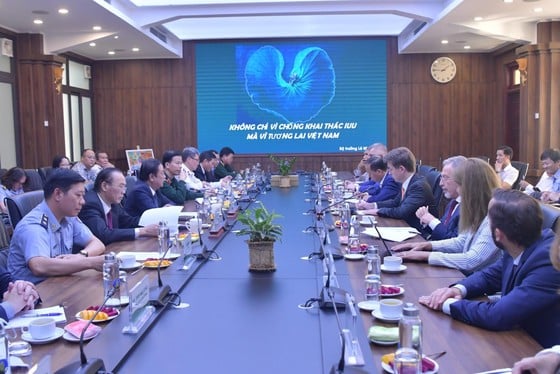 |
Working session between leaders of the Ministry of Agriculture and Rural Development and the EC inspection delegation in Hanoi on October 18 on IUU |
Mr. Tran Ngoc Quan also said that the European Union has studied all of Vietnam's seafood production, exploitation and processing activities in the past time. Accordingly, the EU has made additional recommendations on food hygiene and safety issues. "The EC has assessed and sampled 20% of Vietnam's seafood shipments exported to the EU for inspection, of which 73% did not meet the requirements," Mr. Tran Ngoc Quan warned, for the EU, this rate is extremely serious.
Because Vietnamese seafood exporting enterprises to the EU have been granted codes, and even before exporting seafood to the EU, they are inspected and granted food safety certificates by the Vietnamese Ministry of Agriculture and Rural Development.
"The EU has warned that if we do not improve this situation, we may face even worse situations in the future, and may even face the risk of having our seafood exports to the EU restricted," Mr. Tran Ngoc Quan worried.
Not only stopping at the issue of exploitation in compliance with IUU regulations, the Vietnamese Trade Counselor in Belgium and the EU suggested that the authorities need to strictly control and guide businesses to do better in food hygiene and safety issues with seafood exported to the EU.
The trade office is working hard with EC units to explain the cases of Vietnamese seafood enterprises. "The EU side said that in the next 6 months, if we have good prospects in reality, the EC will consider removing the yellow card before the European Union moves into parliamentary elections," Mr. Tran Ngoc Quan informed.
According to information from the Vietnam Trade Office in Belgium and the EU, the demand for fish and seafood consumption by consumers in the EU is still on the rise. Of the total 70 billion euros spent on seafood in the EU, 40% is for imports and this spending is expected to continue to increase by 3.38% each year.
However, in the first 8 months of 2023, the value of EU seafood imports from Vietnam decreased by 32% (the most), from India by 20%, Ecuador by 8%, Thailand by 9%... (from China alone, it increased by 3.5%).
The reason for the decrease in Vietnamese seafood exports to the EU is that seafood exports from China to the EU increased, while the output of seafood produced within the EU increased by about 3.5% and the export price of seafood this year decreased (in 9 months, the export price of Vietnam's seafood decreased by about 17% compared to 2022).
In the remaining months of 2023, the EU is forecast to continue to increase seafood imports, but there will not be a sudden increase, so Vietnam's total seafood export turnover to the EU for the whole year may decrease slightly.
Source


![[Photo] National Assembly Chairman works with leaders of Can Tho city, Hau Giang and Soc Trang provinces](https://vphoto.vietnam.vn/thumb/1200x675/vietnam/resource/IMAGE/2025/5/11/c40b0aead4bd43c8ba1f48d2de40720e)
![[Photo] Discover the beautiful scenery of Wulingyuan in Zhangjiajie, China](https://vphoto.vietnam.vn/thumb/1200x675/vietnam/resource/IMAGE/2025/5/11/1207318fb0b0467fb0f5ea4869da5517)

![[Photo] Prime Minister Pham Minh Chinh chairs the fourth meeting of the Steering Committee for Eliminating Temporary and Dilapidated Houses](https://vphoto.vietnam.vn/thumb/1200x675/vietnam/resource/IMAGE/2025/5/11/e64c18fd03984747ba213053c9bf5c5a)
![[Photo] The moment Harry Kane lifted the Bundesliga trophy for the first time](https://vphoto.vietnam.vn/thumb/1200x675/vietnam/resource/IMAGE/2025/5/11/68e4a433c079457b9e84dd4b9fa694fe)
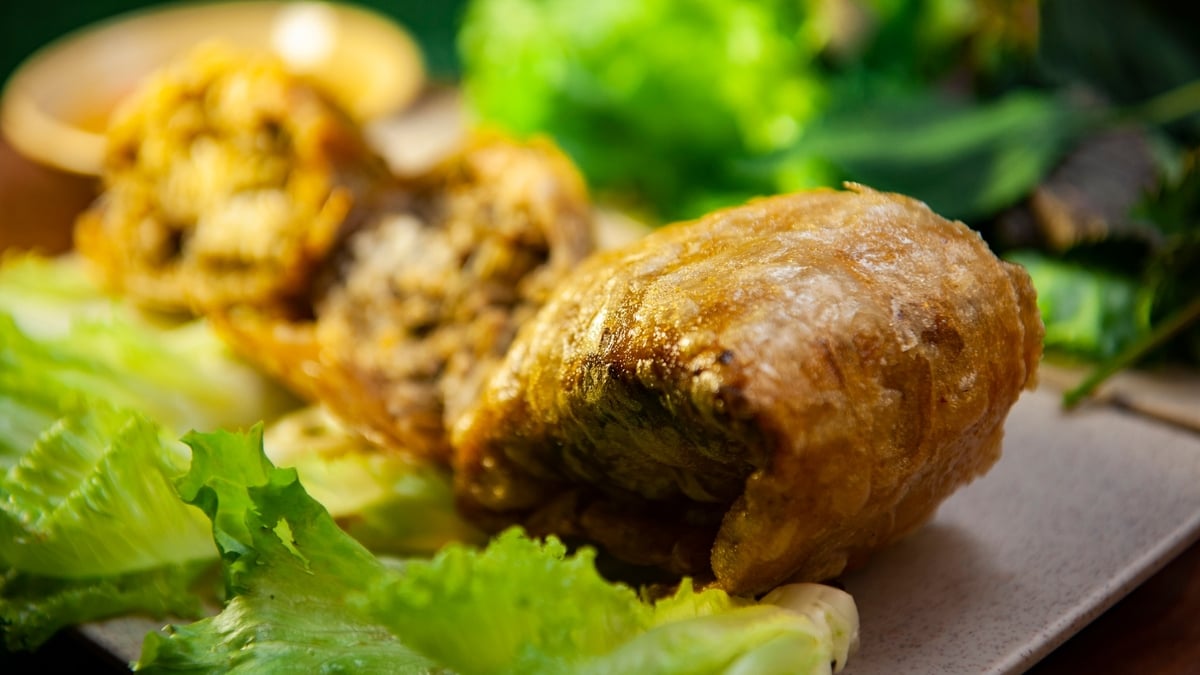
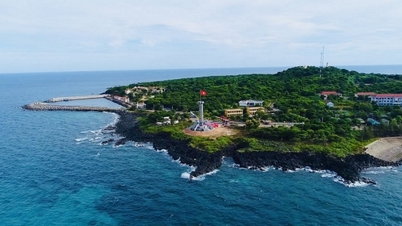

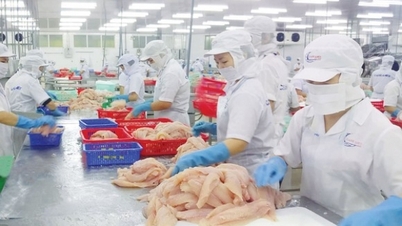


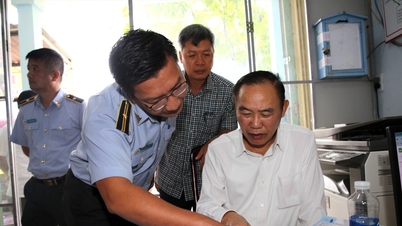
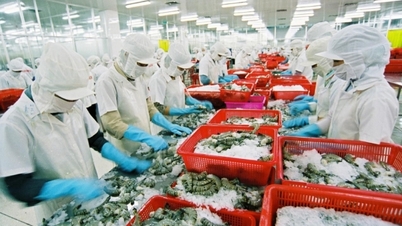

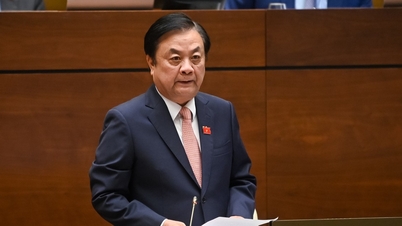




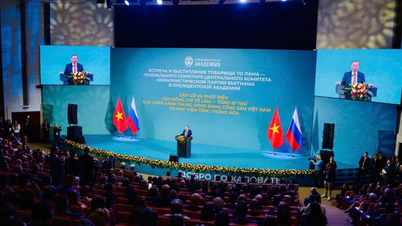




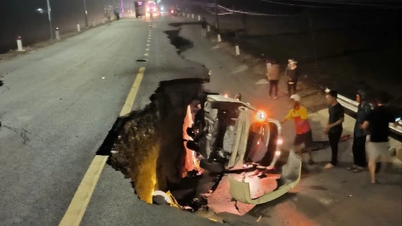
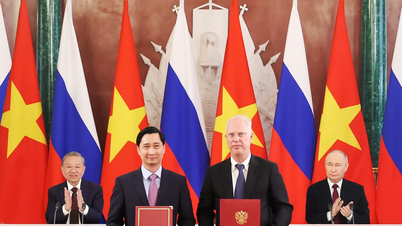
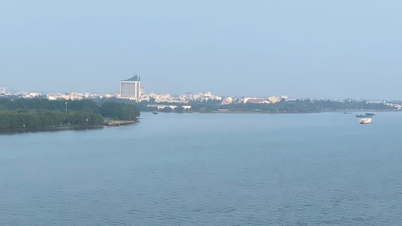

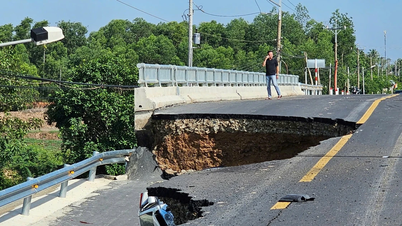






































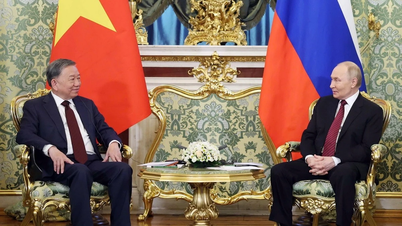










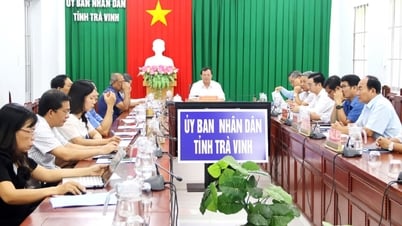

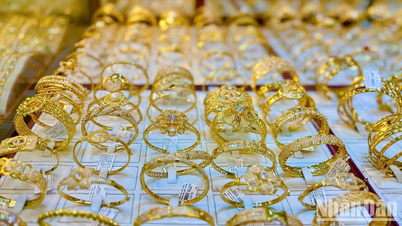




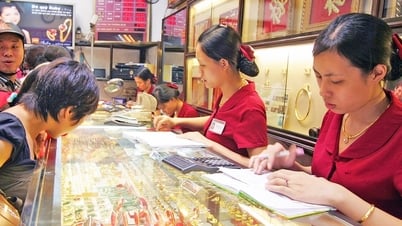













Comment (0)